On the morning of July 17, Deputy Prime Minister Tran Luu Quang chaired a meeting to listen to a report on the progress of the Project on sustainable development of 1 million hectares of high-quality, low-emission rice cultivation associated with green growth in the Mekong Delta by 2030 (referred to as the Project).
The company has committed to purchasing all rice products.
Deputy Minister of Agriculture and Rural Development Tran Thanh Nam said that to implement the Project, the Ministry of Agriculture and Rural Development has established a Steering Committee for the Project, with the participation of the Ministry of Planning and Investment, Ministry of Finance, Ministry of Natural Resources and Environment, State Bank, representatives of the World Bank (WB), and representatives of leaders of 12 provinces and cities in the Mekong Delta region.
The Steering Committee has 5 professional support groups, including: Policy group; International resource mobilization group; Capacity building training group; Community communication and agricultural extension group; Production steering group and construction of measurement and appraisal reporting system (MRV).
The Ministry of Agriculture and Rural Development has developed a technical process for producing high-quality, low-emission rice in the Mekong Delta and a plan to enhance the capacity of partners and agricultural cooperatives to develop value chain linkages to implement the Project.
The Ministry has also coordinated with provinces to review the current status of production areas in terms of infrastructure, production organization and farming methods, especially reviewing the current status of cooperatives in the Vietnam Sustainable Agricultural Transformation Project (VnSAT) for the period 2015-2022.
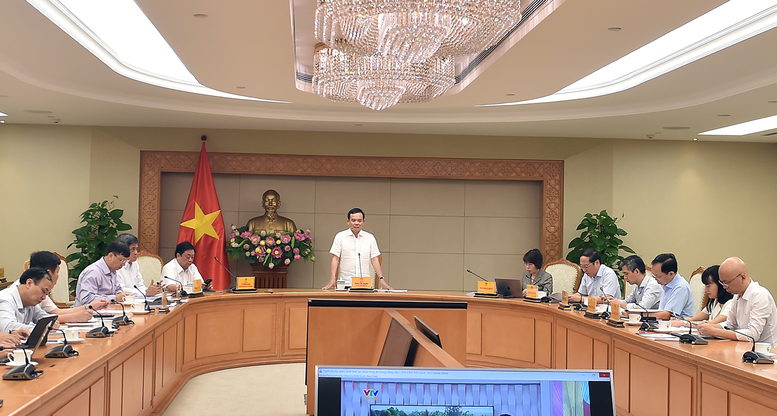
Deputy Prime Minister Tran Luu Quang chaired a meeting to listen to a report on the progress of the implementation of the Project on 1 million hectares of high-quality, low-emission rice - Photo: Hai Minh
Currently, the Ministry of Agriculture and Rural Development is working with the World Bank and 12 localities to complete the loan project idea "Supporting infrastructure and techniques for high-quality and low-emission rice in the Mekong Delta".
In addition, the organization will deploy 7 pilot models in Can Tho City, Dong Thap, Kien Giang, Tra Vinh and Soc Trang in 3 crops, and in the 2025 Winter-Spring crop, it will summarize and recognize the emission coefficient from rice production.
According to initial assessment, the rice cultivation model under the Project in the Summer-Autumn crop of 2024 in Can Tho City has brought positive results, such as total input costs reduced by 10-15%, in which the amount of seeds used is reduced by 2-2.5 times, the amount of fertilizer is reduced by 30%, and the amount of irrigation water is reduced by 30-40%.
The rice yield of the pilot model reached 6.13-6.51 tons/ha compared to 5.89 tons/ha of the control model. The profit of the pilot model reached 21-25.8 million VND/ha, 1.3-6.2 million VND/ha higher than the control model.
The pilot model has helped reduce 2 tons of CO2/ha compared to the control model of removing straw from the field and 12 tons of CO2/ha compared to the control model of continuous flooding applying the method of burying straw after harvest. Notably, many businesses have committed to purchasing all rice products produced in the pilot models.
However, the implementation of the Project still faces certain difficulties, first of all because Vietnam is the first country in the world to implement large-scale emission reduction on rice; the activities and contents are all new, with no precedent for reference.
According to Deputy Minister Tran Thanh Nam, farmers' understanding of the Project is still limited, some households still produce according to old practices, to effectively implement the Project, first of all, there must be consensus from farmers, the minimum scale to participate in the Project implementation must have a continuous area of 50 hectares or more, while in many provinces, the rice cultivation area is still fragmented and small.
The number of households participating in the region through cooperatives, cooperative groups and enterprises is still limited, especially in provinces that have not participated in the VnSAT project.
The infrastructure for high-quality and low-emission rice production in localities is not yet synchronous and needs further investment in the coming time. The number of enterprises participating in cooperation with cooperatives and cooperative groups to invest and consume products is still limited.
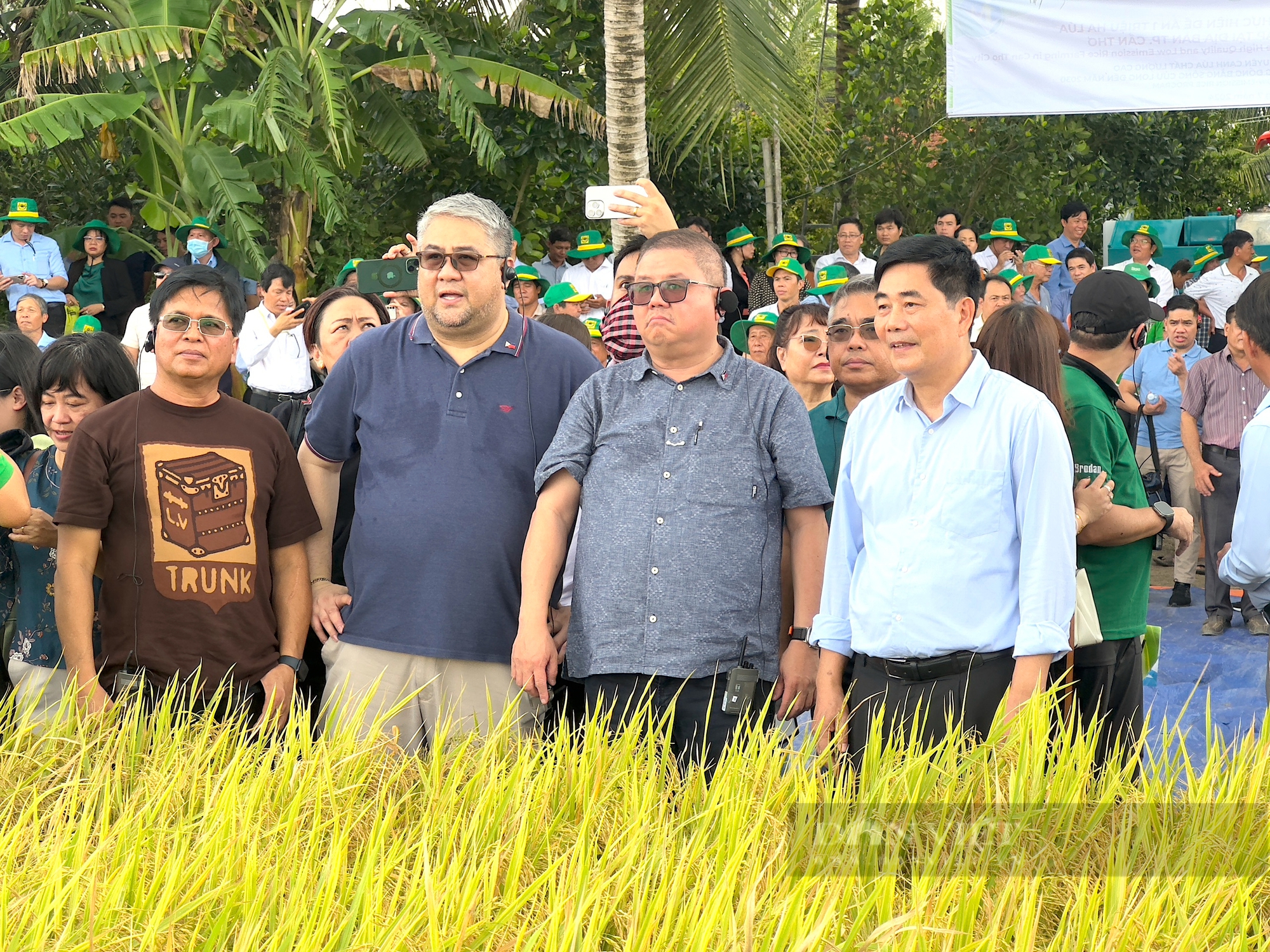
Delegates, scientists from the country and the Philippines, Tien Thuan Cooperative witnessed the pilot harvest of the 1 million hectare high-quality rice project, reducing emissions at Tien Thuan Cooperative (Thanh An commune, Vinh Thanh district, Can Tho city) Photo: Huynh Xay
The project's implementation budget currently does not have a separate line for domestic budget capital, while the process of building a project to borrow capital from the WB takes time.
To promote the implementation of the Project to ensure the progress and set goals, the Ministry of Agriculture and Rural Development recommends that the Government submit to the National Assembly a Resolution to pilot a number of specific policies on the use of ODA capital and preferential loans from foreign donors at the October 2024 session.
The Ministry also proposed that the Government agree in principle to allow the Ministry of Agriculture and Rural Development to work with the Asian Development Bank (ADB) to prepare the project for a loan of 270 million USD and support the implementation of the Project.
In addition, it is recommended that the Government agree in principle to allow the Ministry of Agriculture and Rural Development to propose medium-term budget capital for the period 2026-2030 for infrastructure that has not been invested in from the WB and ADB and continue to work with the WB and donors to expand the loan after 2027 to ensure sufficient capital for the implementation of the entire Project until 2030.
"Must be clear about tasks and responsibilities"
Concluding the meeting, Deputy Prime Minister Tran Luu Quang emphasized that the Project initiates a new production method in line with the world's production and consumption trends; creates a breakthrough shift in agricultural thinking in the "Nine Dragons" land that is facing the impact of rapid and unpredictable climate change; contributes to improving the income and living standards of rice farmers and businesses; and helps Vietnam realize the goal of achieving zero net emissions by 2050.
The Deputy Prime Minister highly appreciated the Ministry of Agriculture and Rural Development and localities for proactively implementing the Project, initially bringing very positive results, demonstrated through indicators such as increased productivity, reduced costs, and increased profits from applying pilot models based on inheriting achievements from the VnSAT Project and a series of technical assistance projects of non-governmental organizations.
Agreeing with opinions that there needs to be synchronous participation of the Central, local, farmers and enterprises in implementing the Project, the Deputy Prime Minister requested the Ministry of Agriculture and Rural Development to play a coordinating role, proactively handle work within its authority, and report to the Prime Minister on issues beyond its authority.
Emphasizing that there is still much work to be done, the Deputy Prime Minister requested that the Ministry of Agriculture and Rural Development clearly define the tasks, responsibilities for implementation, expected products and completion deadlines for each task and work content.
Regarding the WB loan project, the Ministry of Agriculture and Rural Development must clarify the investment items and work contents, ensuring consistency, no duplication, no overlap with the contents that have been and will be invested in by the Mekong Delta Sustainable Development Projects Adapting to Climate Change (Mekong DPO); ensuring compliance with the planning approved by competent authorities.
Regarding the proposal to establish a Working Group to develop a project to borrow capital from the WB, the Deputy Prime Minister assigned the Ministry of Agriculture and Rural Development to issue an official document to report to the Prime Minister for consideration and decision according to regulations.
Source: https://danviet.vn/pho-thu-tuong-de-an-1-trieu-ha-lua-chat-luong-cao-tao-buoc-dot-pha-tu-duy-lam-nong-nghiep-o-dat-chin-rong-20240717155126329.htm



![[Photo] President Luong Cuong receives delegation of the Youth Committee of the Liberal Democratic Party of Japan](https://vstatic.vietnam.vn/vietnam/resource/IMAGE/2025/8/22/2632d7f5cf4f4a8e90ce5f5e1989194a)

![[Photo] President Luong Cuong attends special political-artistic television show "Golden Opportunity"](https://vstatic.vietnam.vn/vietnam/resource/IMAGE/2025/8/22/44ca13c28fa7476796f9aa3618ff74c4)


![[Photo] Prime Minister Pham Minh Chinh chairs the conference to review the 2024-2025 school year and deploy tasks for the 2025-2026 school year.](https://vstatic.vietnam.vn/vietnam/resource/IMAGE/2025/8/22/2ca5ed79ce6a46a1ac7706a42cefafae)
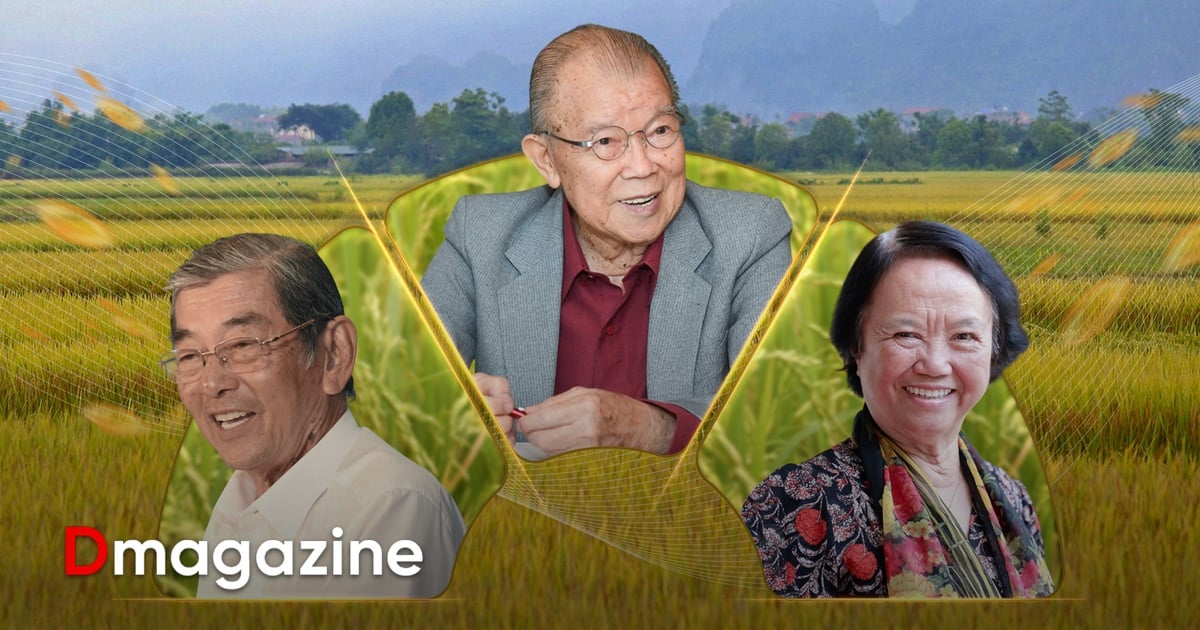

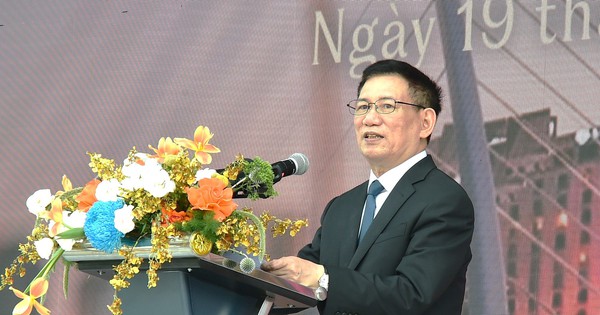

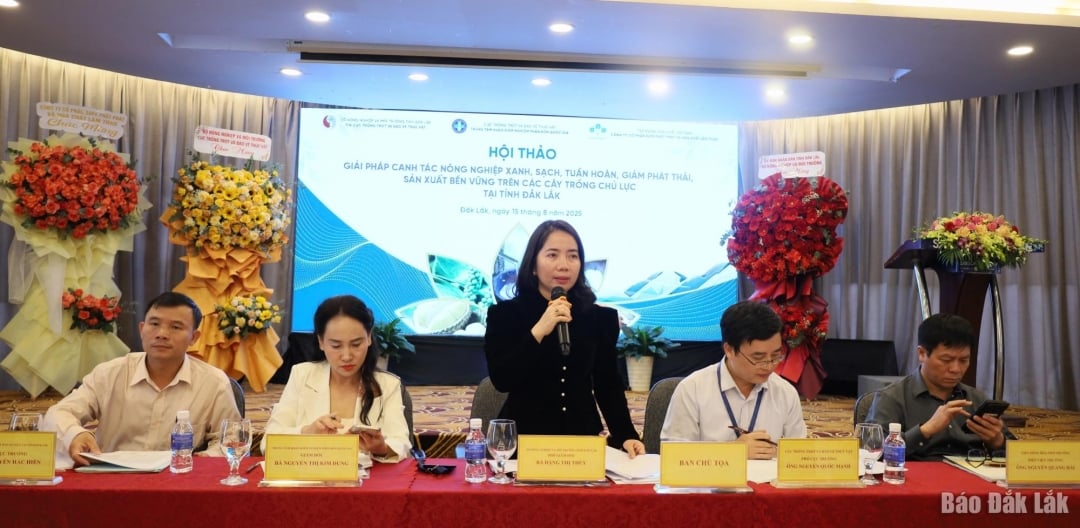

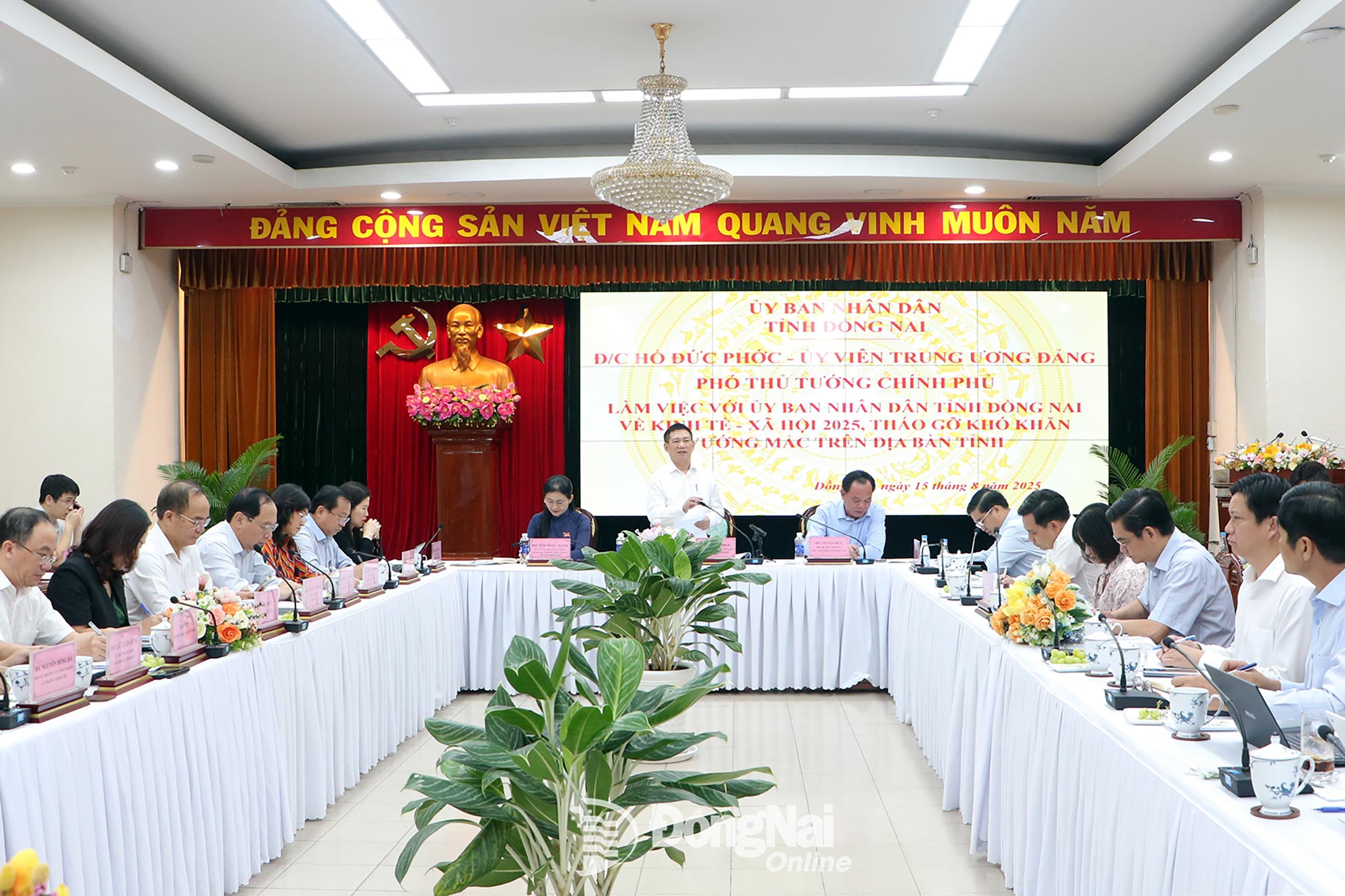

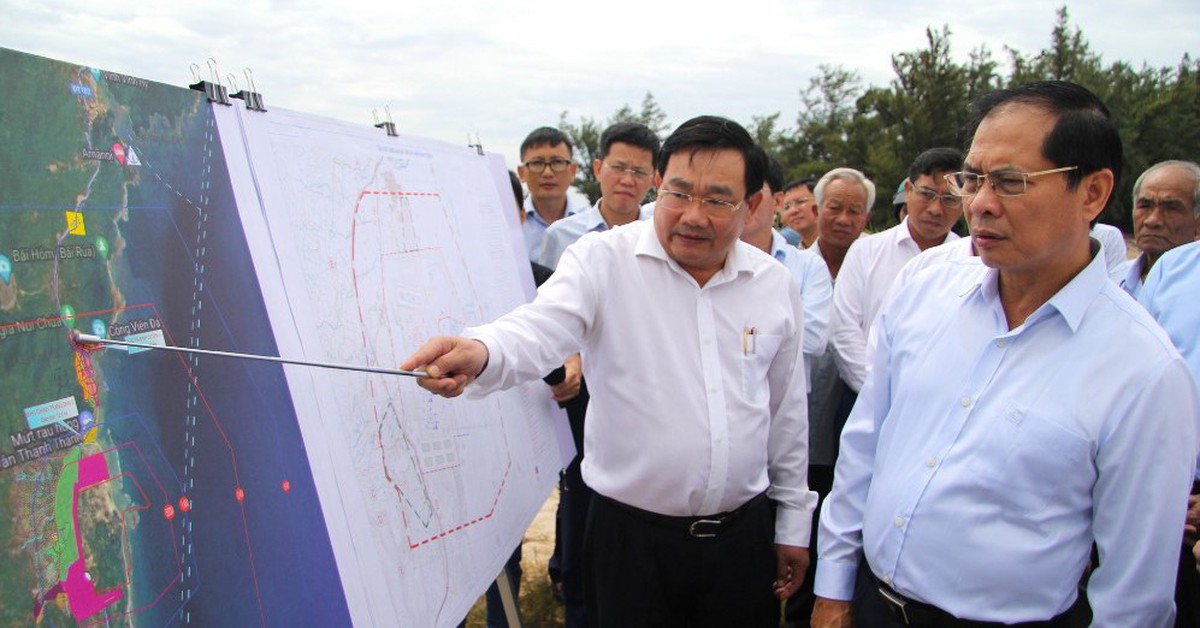

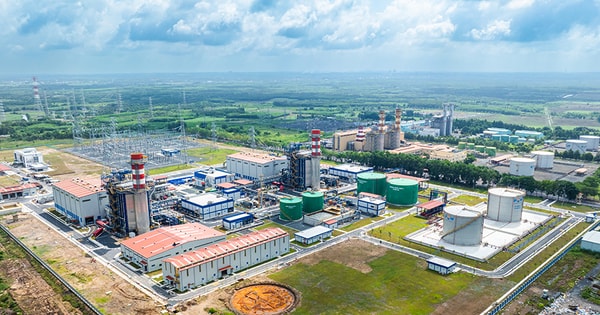

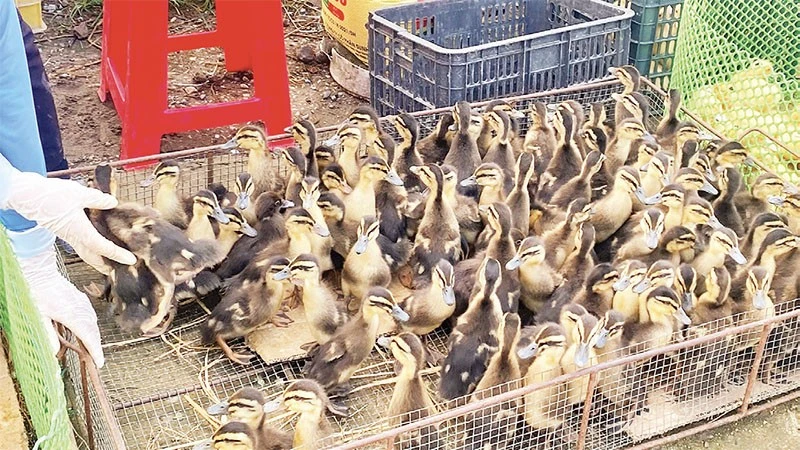

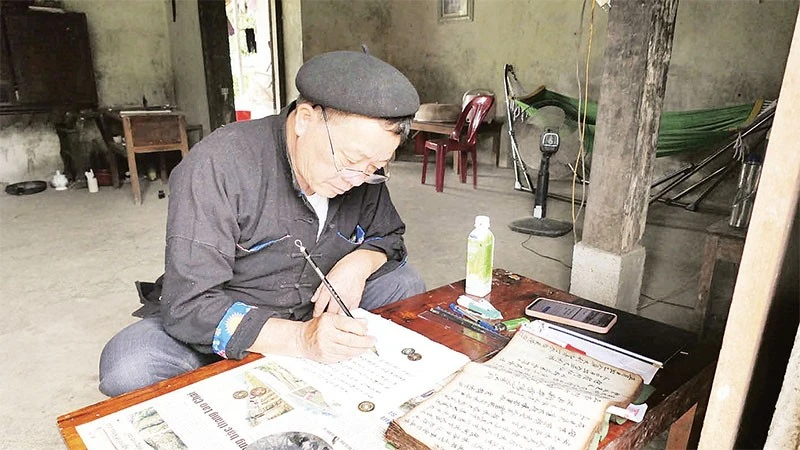
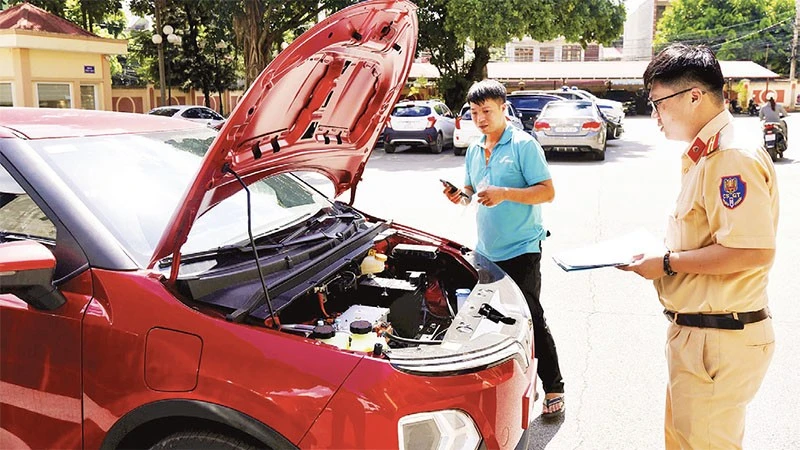
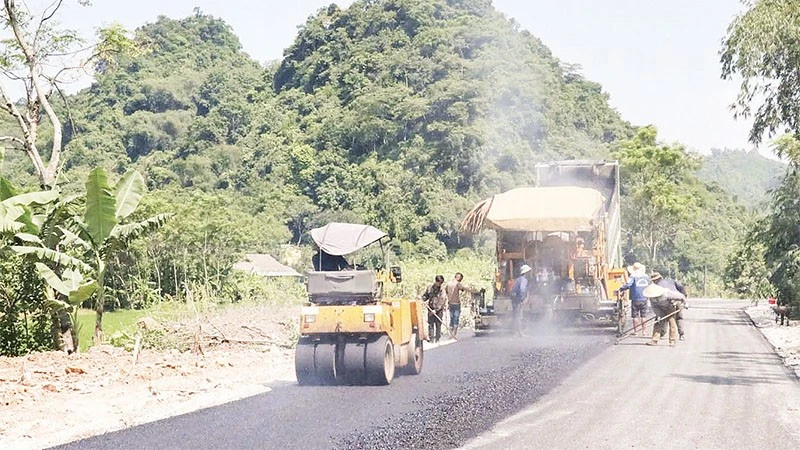
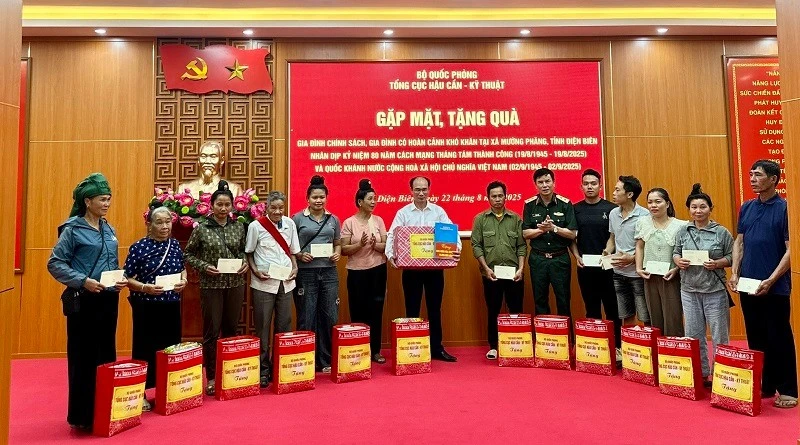
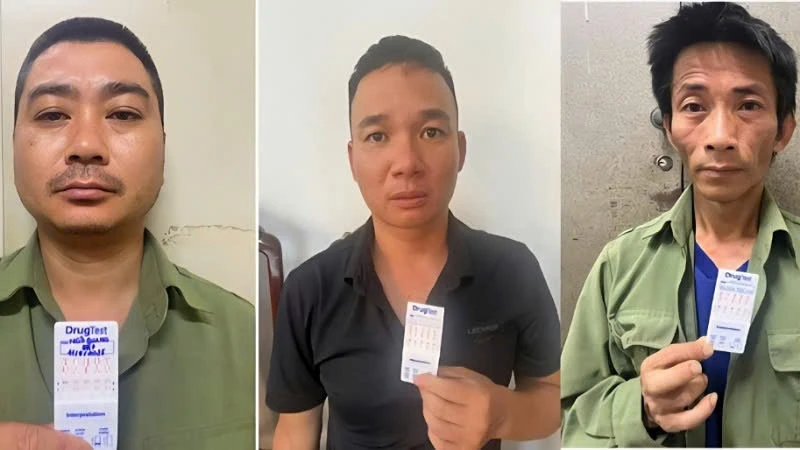




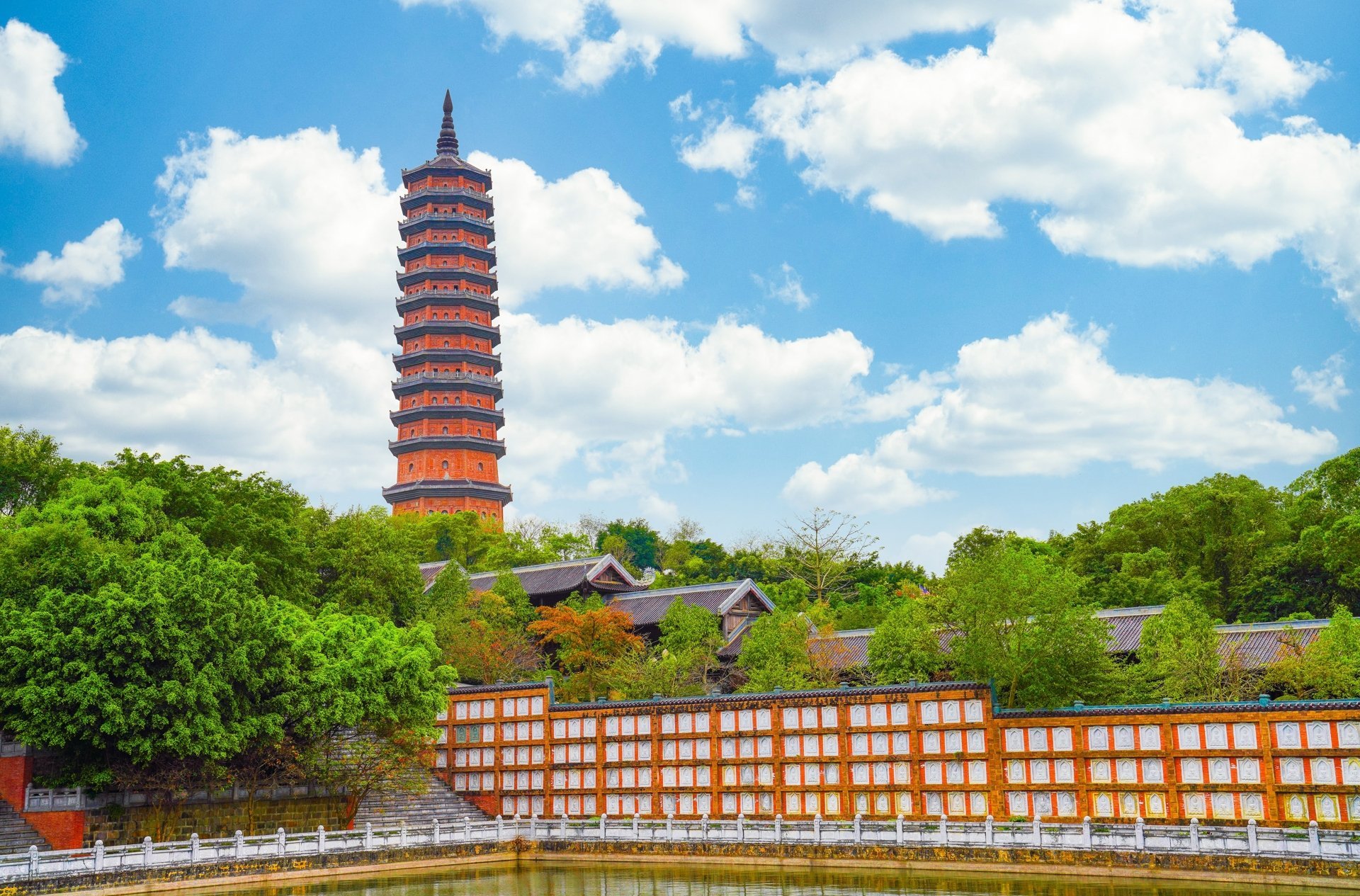



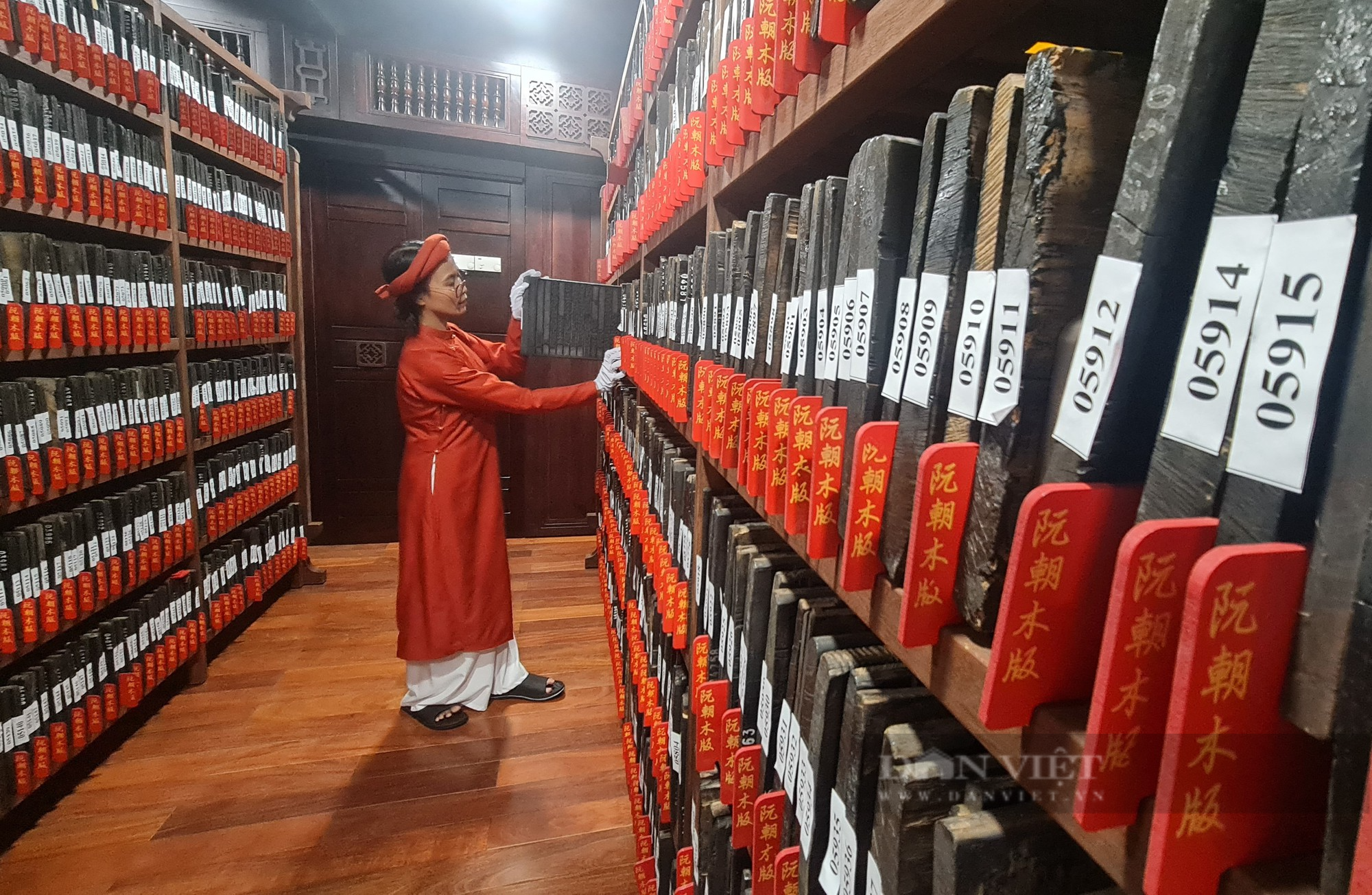
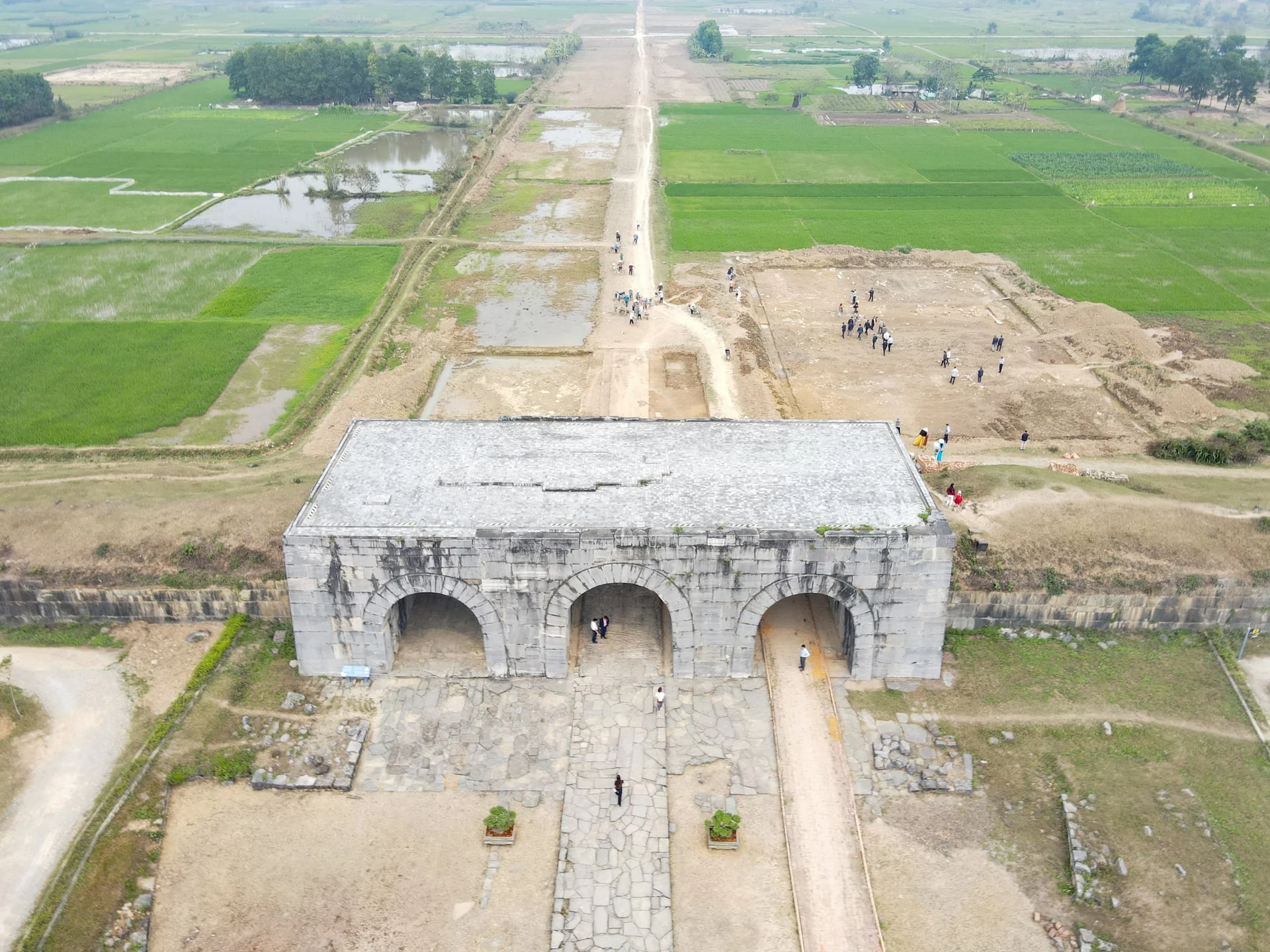


































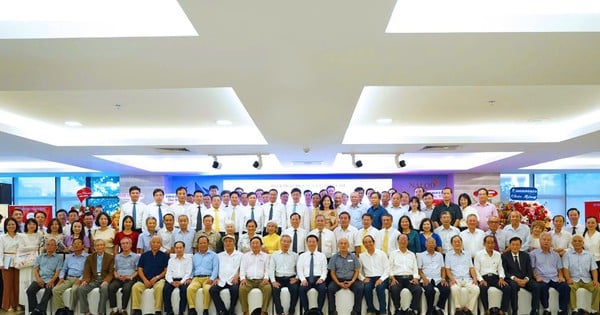

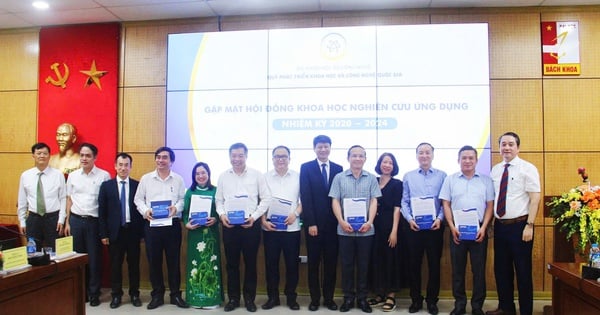





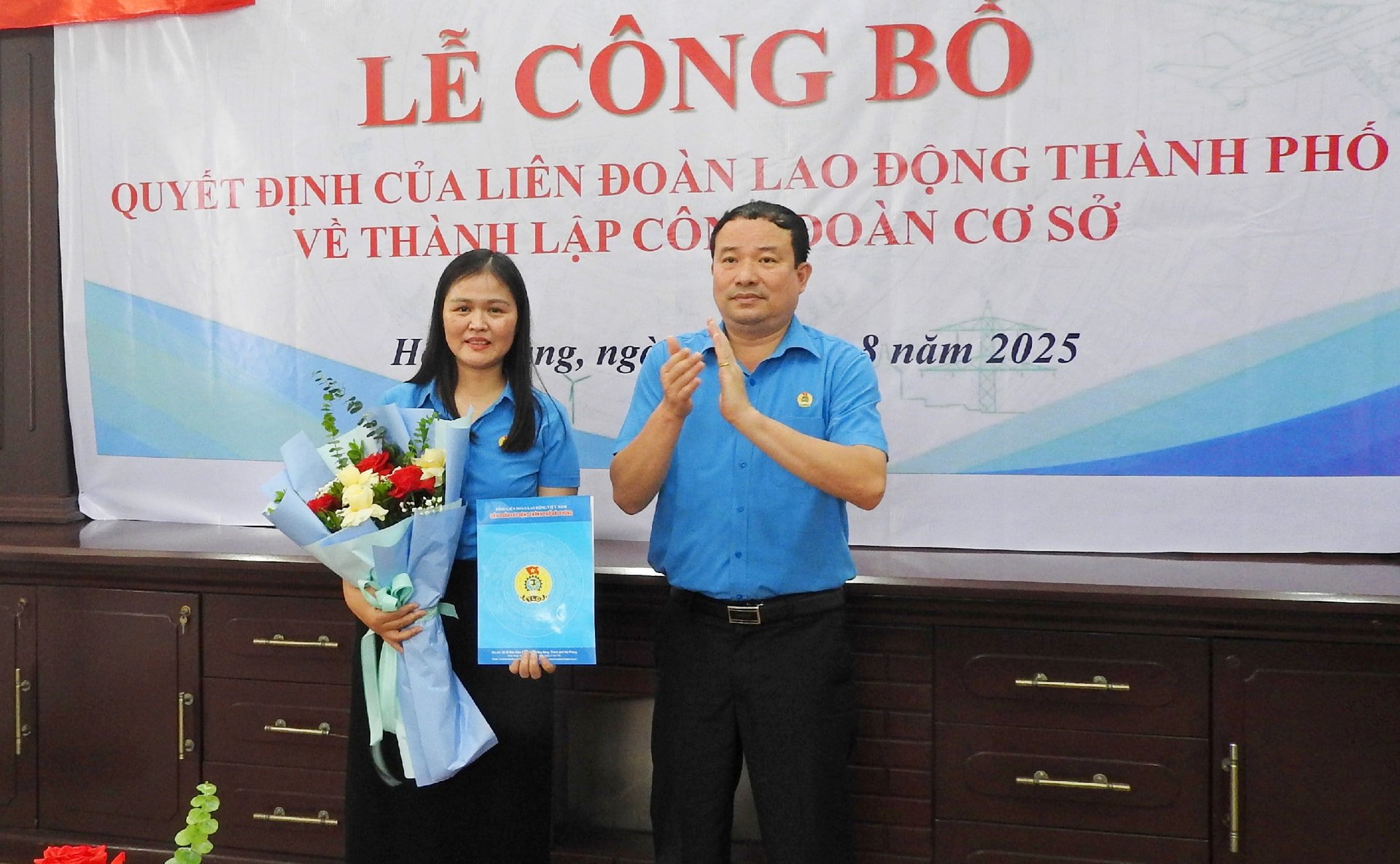

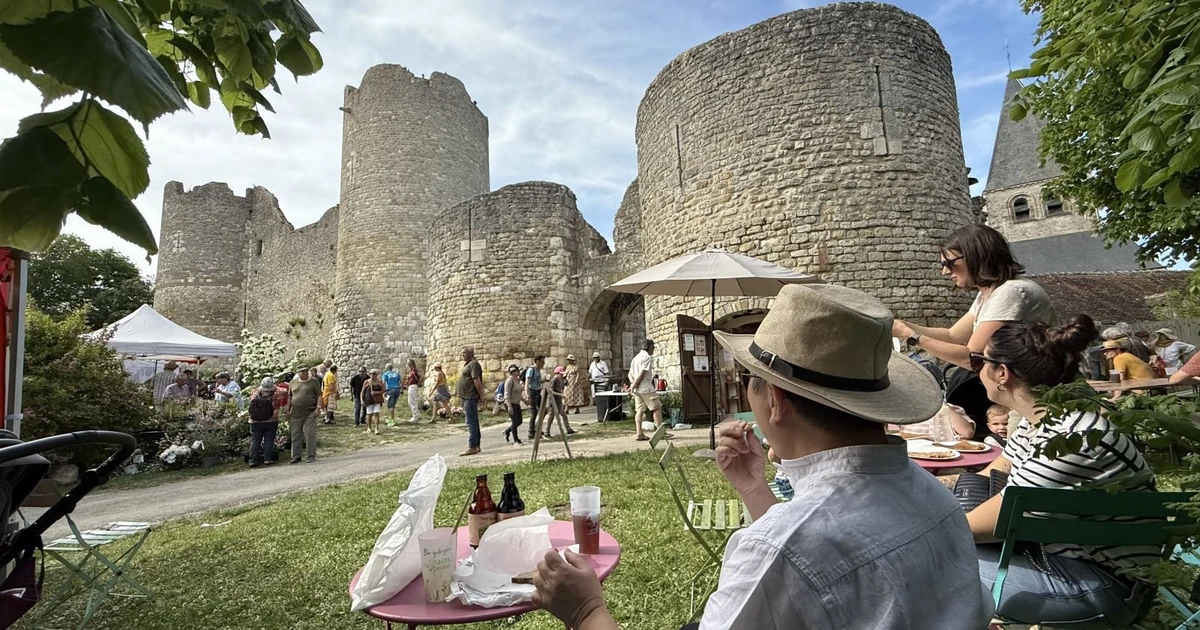

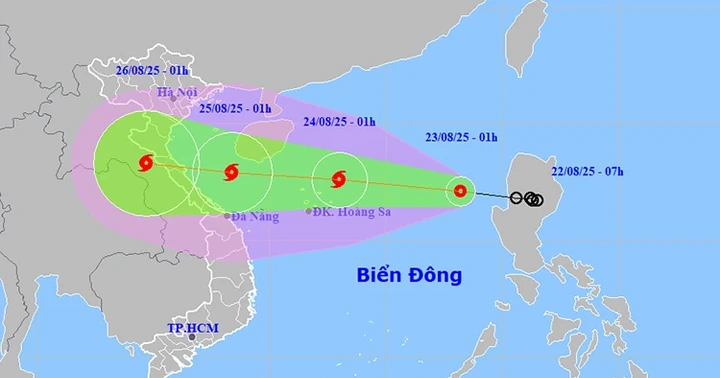

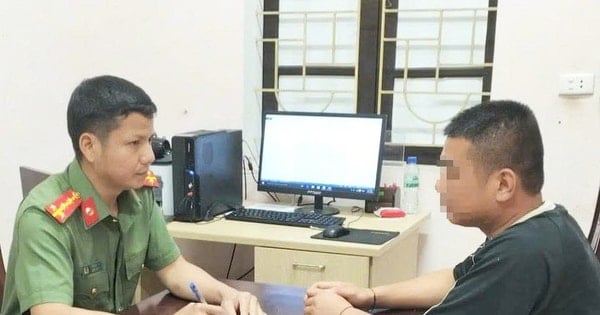
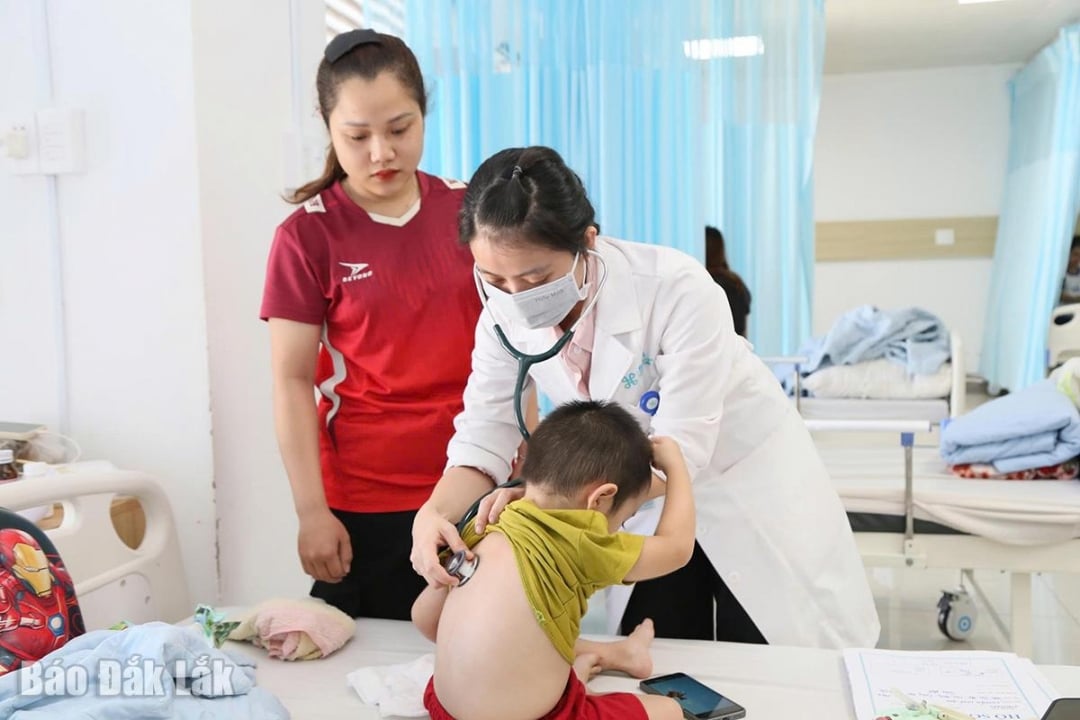















Comment (0)